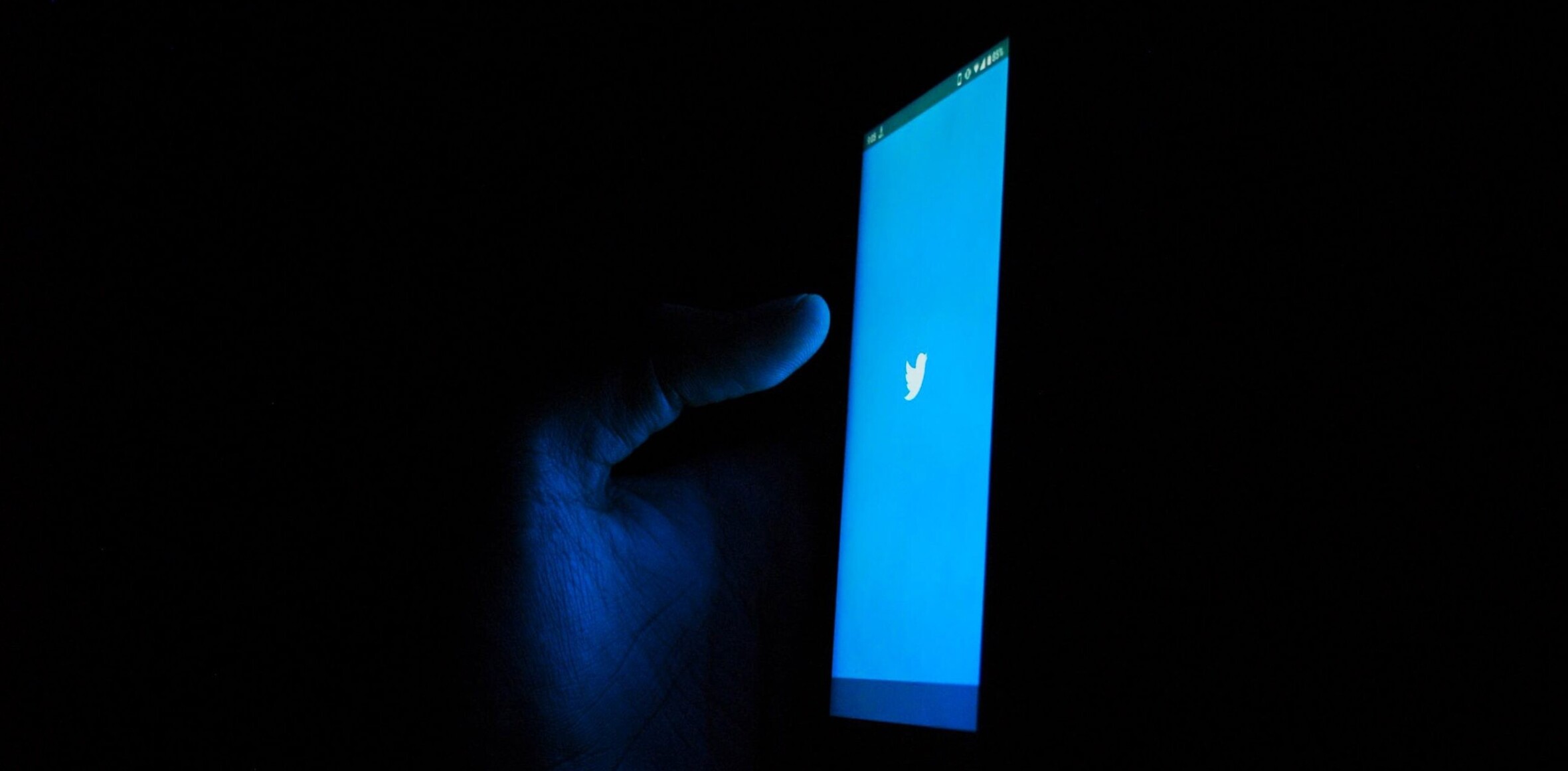
Google and Facebook today told an Indian court that they have already removed the objectionable content that was the source of a civil suit against the duo and 19 other Internet companies, according to a report from NDTV.
The case is one of two pieces of legal action in India that has been taken out against the Internet companies accusing them of failing to remove content that mocks and criticises religious and cultural figures in the country.
Today’s hearing was for the suit filed by Mufti Aizaz Arshad Kazmi in December, and it is seperate to the other case which was submitted by journalist Vinay Rao. The second case remains ongoing as Facebook, Google, Yahoo and others protest that any expectation of real-time censorship of content is simply not feasible.
Controversy around the issue first began in December when it was revealed that acting telecom minister Kapil Sibal had held a series of meeting with the companies in what was reportedly a bid for real-time censoring.
Sibal later denied the claims of the real-time request, saying he had been misquoted, however he did state his belief that India requires a new system to deal with objectionable content, beyond the filters and management that Google and others have in place.
The flames of controversy were further fanned when a local court ordered Facebook and Google to remove content, while a national court later claimed that authorities would not hestitate to introduce Chinese-style censorship if they failed to act.
India’s minister for communications and IT has since denied that the government is looking to censor Web firms and, with the admission that the objectionable content has been removed, things may settle down for now.
However, the case raises longer term questions as Indian authorities are clearly unhappy that their view and standards for what constitutes censorable content is not shared by the firms. As Google and Facebook stand by their standards, the courtroom has become the only to challenge them.
With two cases in progress already, we may well see more legal action unless Google, Facebook and others can convince authorities that they are fighting for the same values.
Get the TNW newsletter
Get the most important tech news in your inbox each week.





